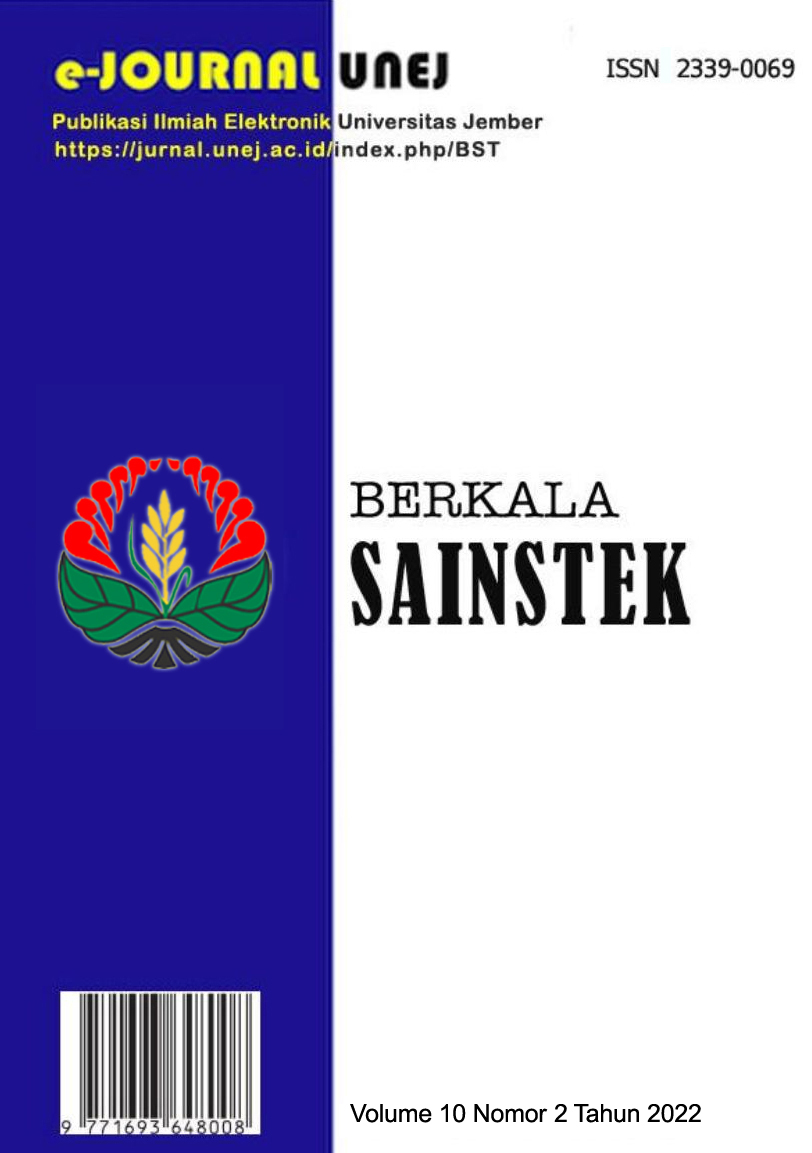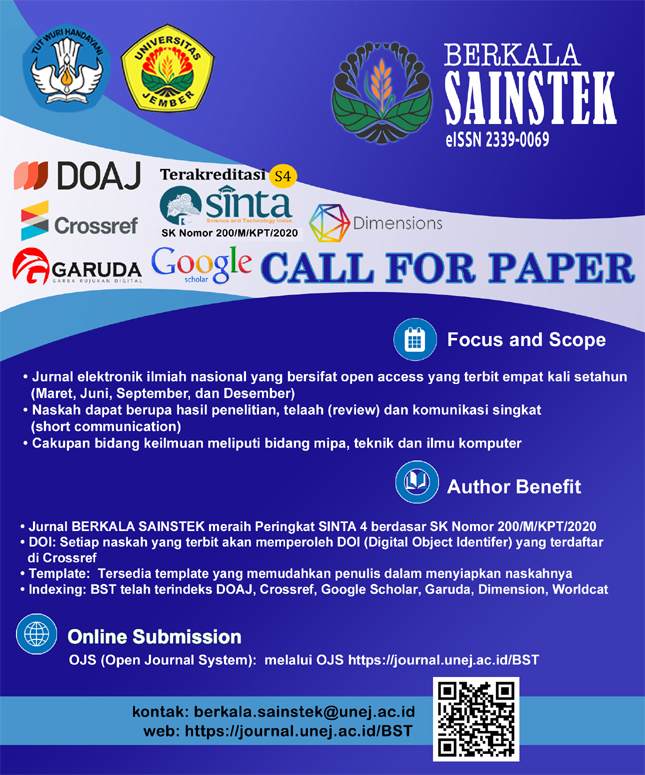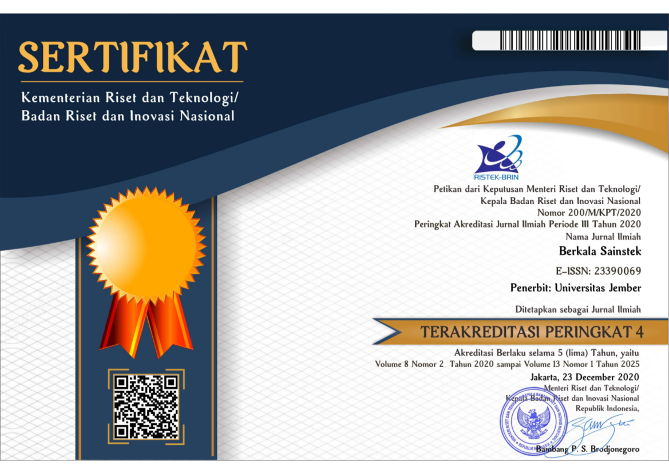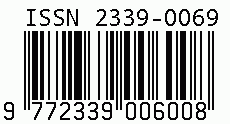Analysis of Two Dimensional Sensitivity as Decision Support Alternative Waste Management in TPST Bantargebang
DOI:
https://doi.org/10.19184/bst.v10i2.31293Keywords:
Two-dimensional AHP, Integrated waste management, HR management, Bantargebang TPSTAbstract
The importance of waste management at the TPST Bantargebang Bekasi is very high. Some sensitive issues such as pollution, social issues, and the requirement of wider area are several issues needed to be considered further. Therefore, this study tries to highlight the best alternative in waste management at the TPST Bantargebang with a two-dimensional approach using AHP (Analytical Hierarchy Process) analysis. Through a two-dimensional approach, it is hoped that adequate priority options can be found regarding alternative integrated waste management at the TPST Bantargebang Bekasi. Collecting data through expert interviews assisted by questionnaires, supported by other sources of data and information from various relevant agencies. The results of the two-dimensional sensitivity graph from the iteration of the three-goal criteria pair, namely waste management innovation, expansion of the TPST area, and strengthening regulations show that alternative decisions in integrated waste management at the TPST Bantargebang several times have raised alternatives to increase Human Resources (HR) to support activities. In conclusion, the most important alternative decision is to increase human resources. The policy implication of this study is that it is necessary to add more educated staff at the Bantargebang TPST so that the target of serving the needs of the community in terms of waste management can be carried out effectively, therefore, increasing human resources both in terms of competence and number is a priority to support the development of integrated waste management at the TPST Bantargebang.






